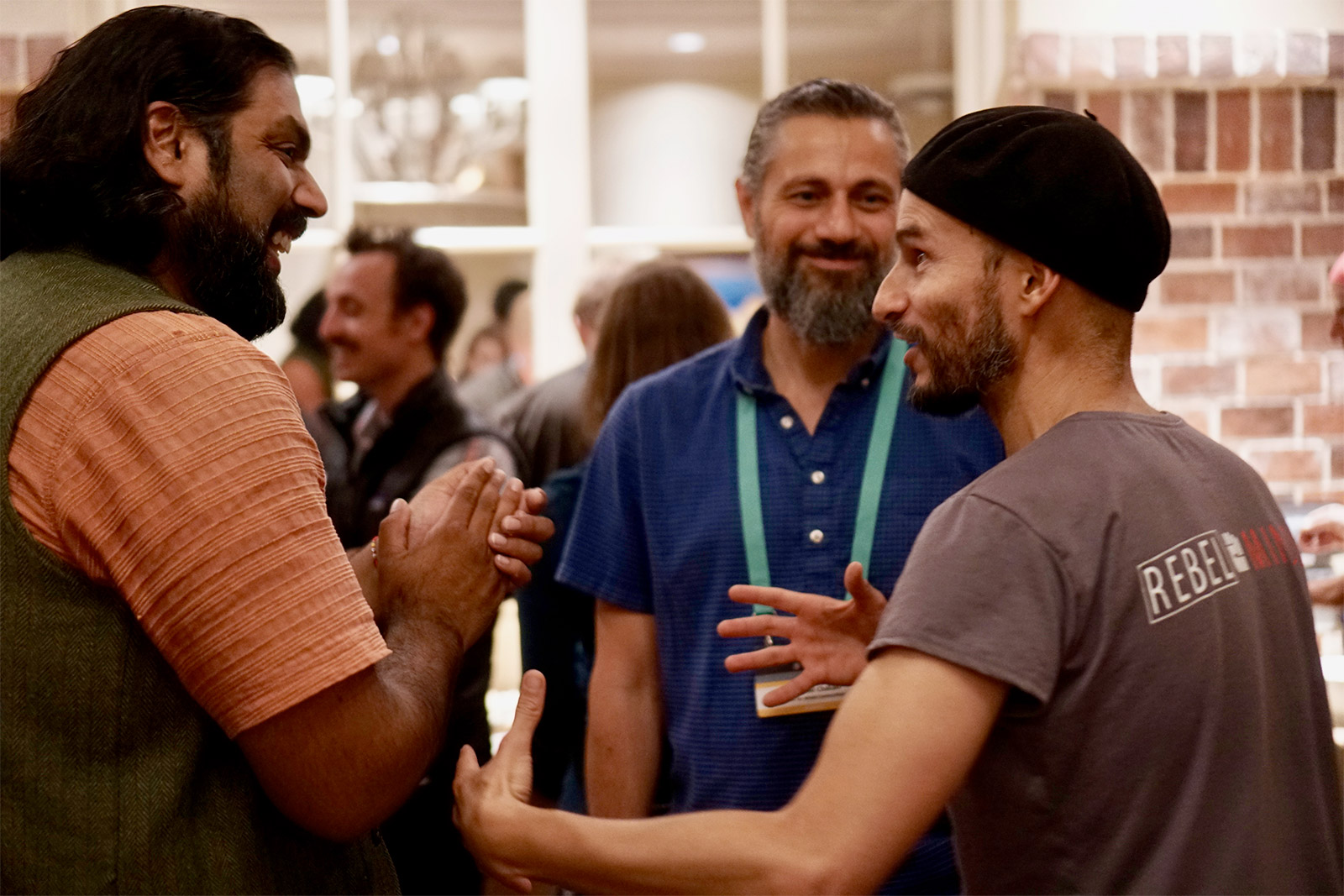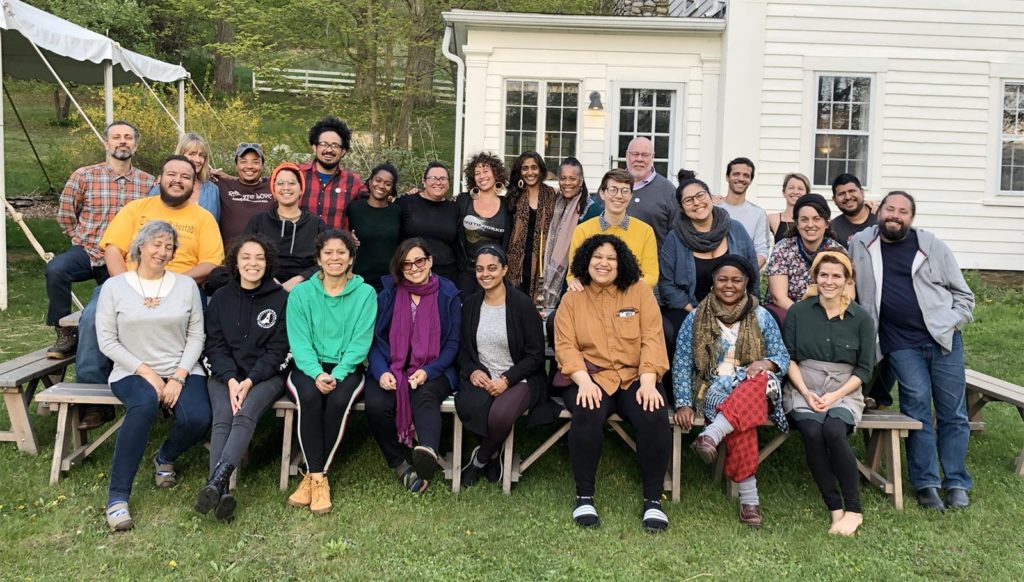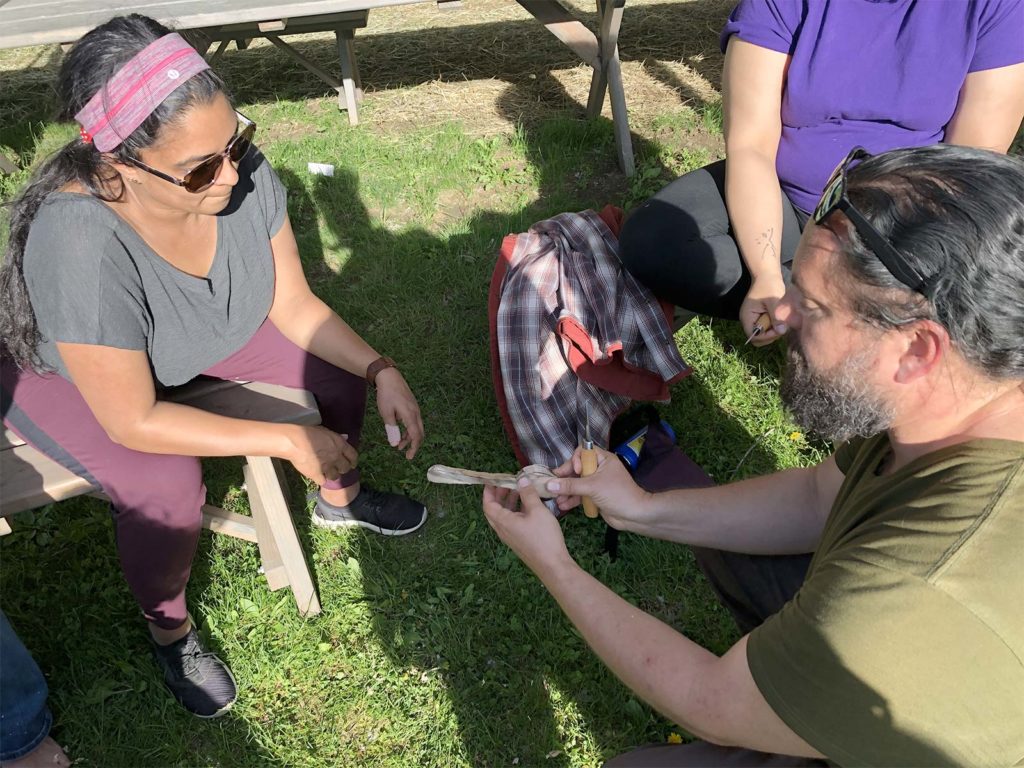Designing and measuring for what matters most
What we pay attention to grows. This wisdom can be traced back to the time of the Buddha, and more recently to the writer, thought leader and CWC faculty emeritus adrienne maree brown. In her book, Emergent Strategy, Shaping Change, Changing Worlds, she identifies this concept as one of the fundamental principles of emergent strategy. We agree. Whole Measures is a process framework that pays attention to human well-being, socioeconomic impacts and equitable outcomes, alongside more standard measurements.
Shifting our attention to what we value is fundamental to how Whole Measures works. Alongside traditional environmental metrics – acres and dollars, # of trees planted, gallons of stormwater diverted – a Whole Measures approach addresses harder-to-measure outcomes. By identifying what we most care about, and articulating a vision of success using Whole Measures, we can begin to be accountable to things we struggle to measure. Things like quality of relationships, community resilience and justice and fairness.
The Whole Measures framework is a flexible tool for community engagement, planning and evaluating that can be adapted to the needs and perspectives of those who use it. When applied to a social or environmental change initiative, Whole Measures can serve as a foundation for a highly integrated, whole systems approach that effectively embraces a wide variety of values such as: social justice, biodiversity, human rights, ecosystem health, civic engagement, and economic vitality.
How the tool or rubric framework is used, how the community engagement is facilitated, who is represented in the design matters. CWC offers services in strategy, process design, community engagement and facilitation – the elements that bring Whole Measures from concept to reality.

Whole Measures are designed to:
Create Alignment
Help organizations align their program priorities, decision-making, resources, and activities with values and practices that contribute to healthy, whole communities.
Engage Dialogue:
Engage Dialogue: Elevate and inform dialogue within and across organizations on the relationship between healthy lands, healthy people, and healthy communities.
Guide Program Evaluation:
Support the development of program evaluation systems that allow organizations and communities to measure impacts qualitatively and quantitatively over time.
Support Collaboration:
Create the foundation for more effective, reciprocal, and collaborative relationships, based upon a shared vision of success and common values.
Measure Impact:
Help organizations and change makers answer the question, “In what ways – positive or negative – do we affect the creation of whole communities? How can we measure those effects?”
Examples of Whole Measures Processes:
- Phoenix Heat Action Planning Guide, including Whole Measures for Urban Heat Solutions, developed in collaboration with The Nature Conservancy in AZ, Arizona State University, Maricopa County Department of Health, Phoenix Revitalization Corporation, Puente and RAILMesa.
- North America Cities Network of The Nature Conservancy using Whole Measures
- Whole Measures for Community Food Systems, a collaboration led by the Community Food Security Coalition and Center for Whole Communities
- The original Whole Measures Rubric (c2006) developed with input from leaders across the fields of conservation, food and agriculture, urban planning and more.
Interested in learning more about how Whole Measures could support your work?
Art by Alixa Garcia



